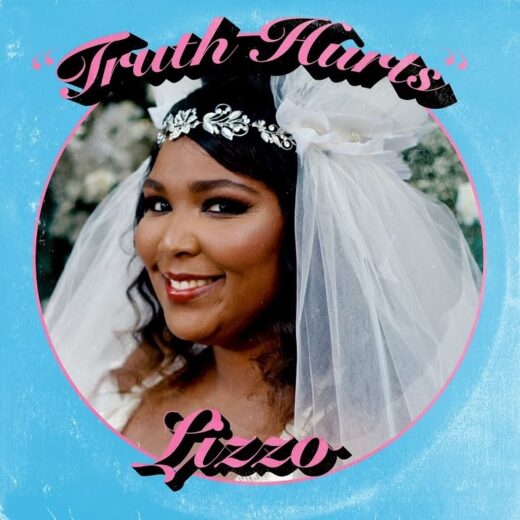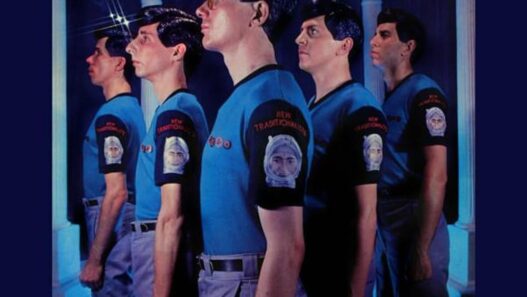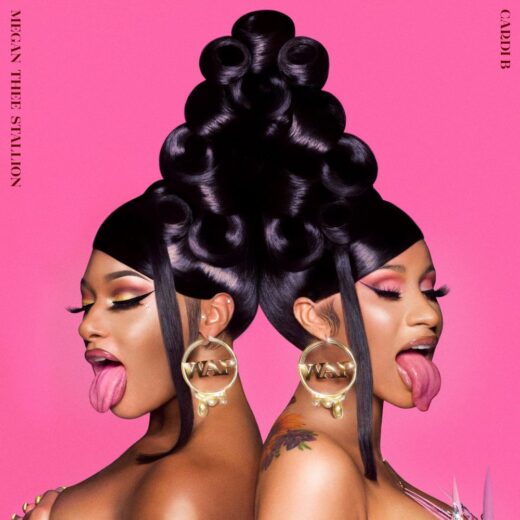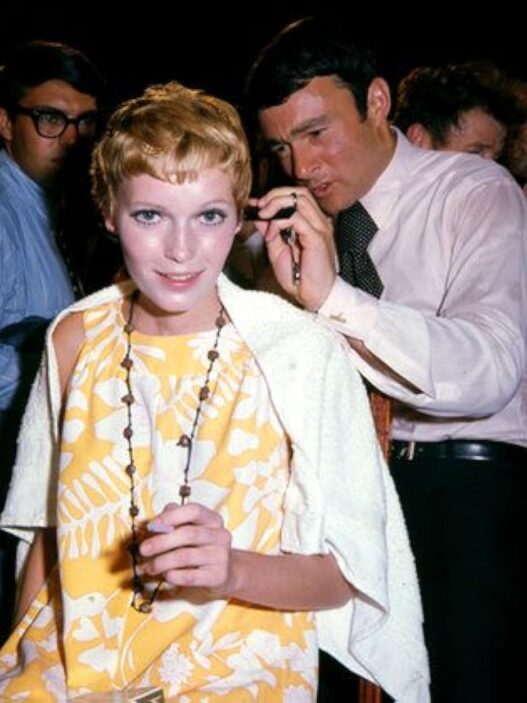This post originally APPEARED on stereogum.com

“Toxic positivity.” That’s a buzzword, or rather it’s two buzzwords jammed together to create a superbuzzword. I would probably be embarrassed to use “toxic positivity” in everyday speech, unless I was talking to a therapist. (My wife is a therapist, so it does come up.) But buzzwords don’t have to be meaningless, and a lot of things clicked into place for me the first time I heard the phrase “toxic positivity.” It’s a new name for an old phenomenon, a handy label for something that might otherwise be easy to detect but hard to articulate. This particular buzzword is more applicable to regular-life interactions that cultural moments. Usually, it applies to the mentality where people refuse to acknowledge anything difficult, in their lives or in yours — the thing where every struggle has to lead to something good, even when that’s not realistic. But the term also works just fine to describe a certain forcibly cheery cultural artifact, and the collected recorded works of Lizzo make for prime examples. Anyway, we’re going to need to use buzzwords to discuss Lizzo, an artist who largely communicates in buzzwords.
Plenty of celebrities are assholes. Often, it’s part of the job. To become a famous artist, you often need to be a demanding collaborator. But when those famous-asshole types build entire personas around being uplifting, it’s absolutely devastating the world discovers evidence of shadiness. Often, the shadiness doesn’t have to be all that heavy to poison the vibe. When celebrities give off whiffs of toxic positivity, they generally become bigger targets than the ones who always seemed like miserable wretches in the first place. We’re seeing it with Arcade Fire now. Arcade Fire are cooked. That party is over. Simply by revealing himself to be kind of a creep, Win Butler has cast himself and his bandmates into permanent cultural ignominy. (Arcade Fire’s only Hot 100 hit, 2013’s “Reflektor,” peaked at #99.) Ellen DeGeneres: same deal. Dory’s not finding her way back anytime soon.
Lizzo has multiple chart-topping hits, so this column won’t get into her dramatic and seemingly irreversible downfall until later. In the grand scheme of things, that downfall wasn’t the most appalling thing in the world. We’re not dealing with a Kanye West situation, where the entire music-critical establishment now needs to reckon with everything that they ever loved about this character. Still, in Lizzo’s case, the toxic-positivity vibes were hanging in the air long before any backup dancers filed any lawsuits. On paper, she was the perfect Obama-core artist for the first Trump era — a large, charismatic, and undeniably talented Black woman who found stardom with a message of empowerment that felt hard-won merely for existing in the first place. But from the very beginning, something was off. That off-ness is built right into the DNA of “Truth Hurts,” the song that made Lizzo famous in the first place.
Fresh music, bold entertainment, and men’s fashion—one tight email a week.






















